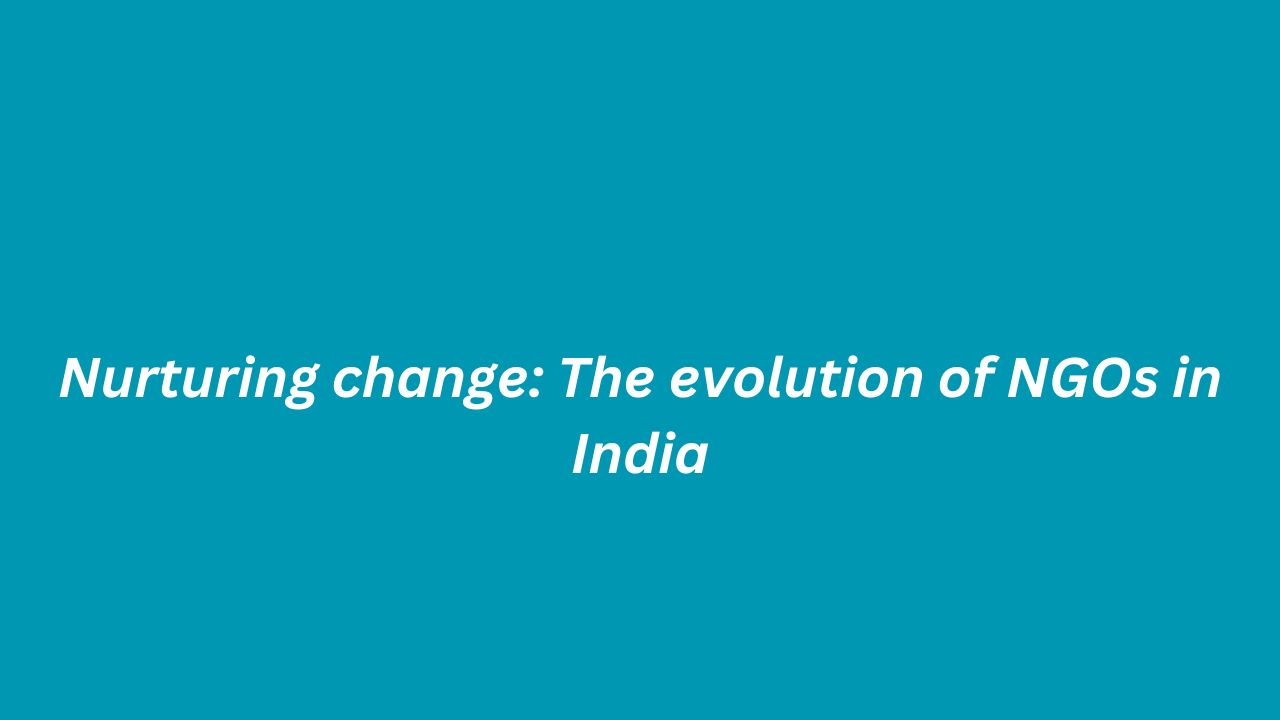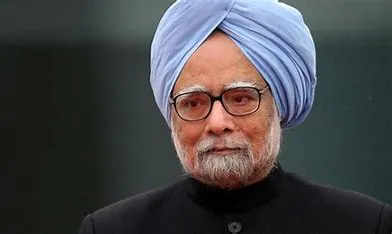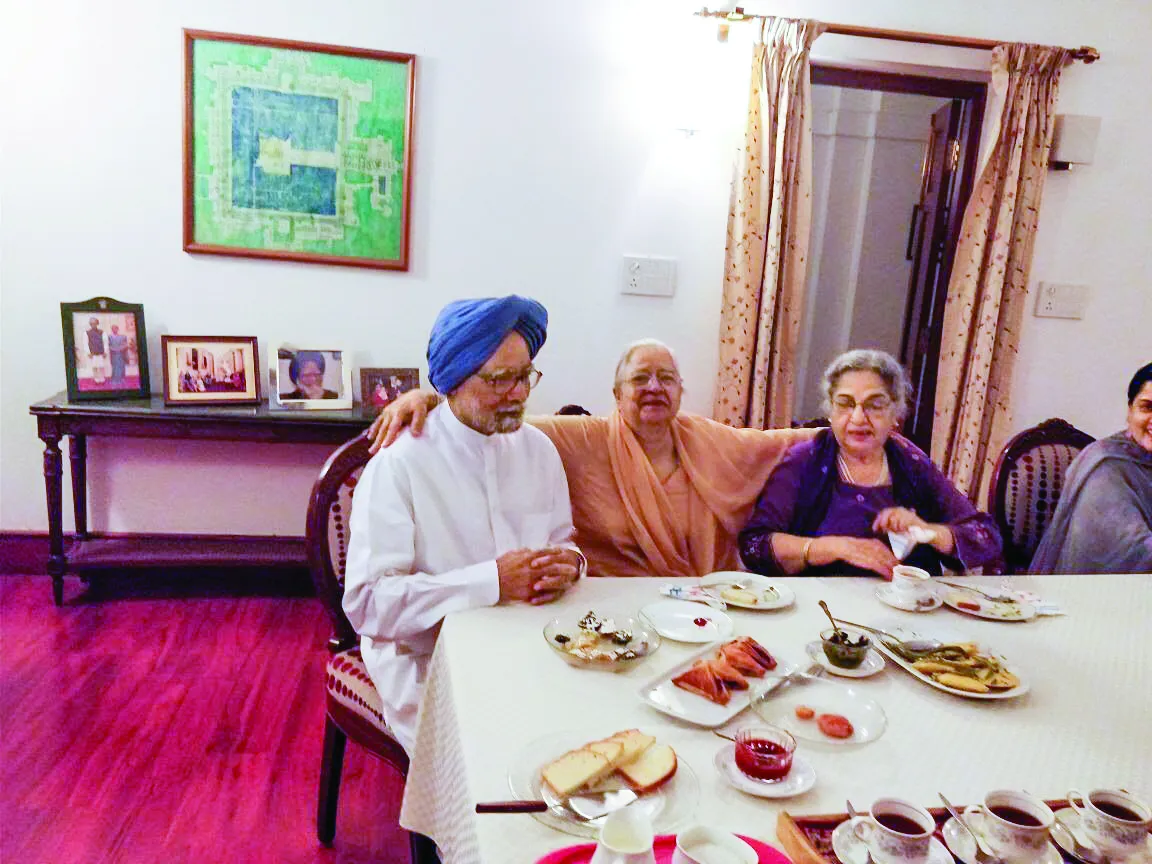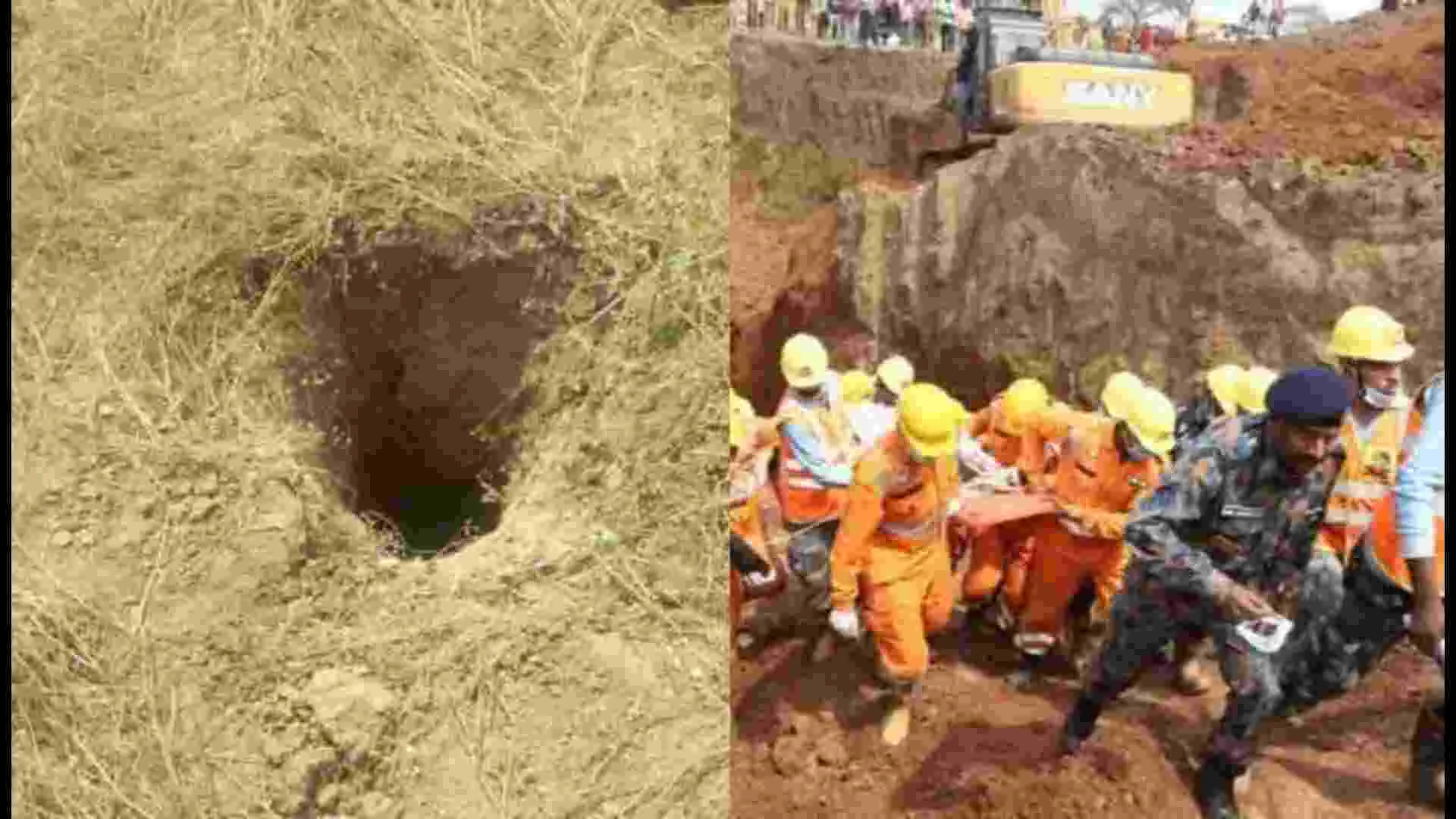NGOs exhibit an impressive diversity in their scope and mission, ranging from humanitarian aid and development projects to environmental conservation, human rights advocacy, education, healthcare, social welfare, and beyond.
The recent amendments in the regulations governing the submission of annual returns by Non-Governmental Organisations (NGOs) operating under the purview of the Foreign Contribution Regulation Act (FCRA) have reignited discussions about the role played by NGOs in our societal framework.
NGOs, represent a relatively recent and distinctive phenomenon. In a broad and inclusive context, the term «Non-Governmental Organisation» (NGO) serves as a collective noun encompassing an extensive array of diverse activities and advocating a wide spectrum of objectives. Essentially, an NGO is defined as a non-profit, voluntary association of citizens, operating at local, national, and international levels.
NGOs exhibit an impressive diversity in their scope and mission, ranging from humanitarian aid and development projects to environmental conservation, human rights advocacy, education, healthcare, social welfare, and beyond. Their common thread lies in their dedication to advancing societal well-being, often addressing pressing issues that may not be adequately tackled by governments or for-profit entities.
Operating independently from government control, NGOs rely on the collective efforts of committed individuals who come together based on shared values and aspirations. Their voluntary nature allows for flexibility and nimbleness in responding to evolving challenges and emerging needs. Across borders and cultures, NGOs play an integral role in fostering positive change, driving progress, and empowering communities.
Their influence extends far and wide, contributing to sustainable development, equality, and justice on a global scale. As dynamic agents of social transformation, NGOs are instrumental in bridging gaps, amplifying voices, and effecting tangible impacts that improve lives and promote a more equitable world.
Their collective endeavour serves as a testament to the strength of human compassion and the potential for collaboration to create a brighter future for humanity as a whole. Throughout their lives, individuals find themselves encircled by a diverse array of organisations, whether they hold affinity towards them or not.
These organisations encompass a wide spectrum of institutions, ranging from hospitals, schools, factories, offices, to armed forces, and more. In contrast to the conventional organisational structure, NGOs are distinctive groups formed through voluntary membership, independent of state control, and driven by the pursuit of common interests shared by citizens. These interests can span a wide range of causes, from humanitarian and environmental concerns to social justice, education, healthcare, and various other noble objectives.
Volunteerism in Ancient and Medieval India
Voluntarism lies at the core of principles in establishing a NGO and in India it is a deeply rooted and time-honoured tradition that finds its origins in ancient India. It stands as a testament to the collective will of the people to foster a sense of togetherness and harmony among diverse communities residing across the country. At its essence, voluntarism entails the willing sharing of skills, ideas, philosophies, expertise, services, resources, assets, and knowledge among individuals within society. Voluntarism has been an integral and enduring aspect of Indian traditions, dating back to ancient times, including the Rig Vedic period. During this ancient era, voluntary efforts played a pivotal role as the primary source of welfare and development within the society. The roots of voluntarism in India can be traced to the collective spirit of communities, where individuals came together voluntarily to support and uplift one another. These early voluntary actions were driven by a deep sense of social responsibility and a commitment to the well-being of all members of the community. In India, helping the ill, needy, and downtrodden has a long history and tradition. In India, volunteerism has existed since the beginning of organised civilization. Though the term NGO became popular in India only in the 1980s, the voluntary sector has an older tradition . The early days of India’s history show that the communities and the rulers willingly shared the duty of helping the individual-in need. During floods, hunger, droughts, natural calamities, and epidemics, kings, chiefs, and rich people used to donate free kitchens and essential supplies. They used to be delighted to house the homeless. The Maurya and Gupta eras saw the development of “welfare-statism”. In the worst-case scenarios of helplessness and poverty, the state would step in to save the community.
Volunteerism during the Raj
The advent of British rule brought a radical change through the reform movements in the already prospering volunteerism in India. The number of voluntary organisations mushroomed in India. This period witnessed the rise of influential social reformers such as Raja Ram Mohan Roy, Rabindranath Tagore, Dayananda Saraswathi, Ishwarchandra Vidyasagar, Keshab Chandra Sen, and Ramakrishna Paramahansa, among others. Raja Ram Mohan Roy, a trailblazer in social change, established one of India’s earliest non-profit organisations, the Atmiya Sabha, in Calcutta in 1815. During this era, several noteworthy groups were established, including the Unitarian Committee in 1822, Brahmo Samaj in 1828, Dharma Samaj in 1830, and the Widows Remarriage Association in 1850, to name a few. At this period, a number of literary and educational institutions, like the Royal Asiatic Society (1834) and Dhyan Prakash Sabha (1840), began to emerge. In the latter half of the nineteenth century, there was a rapid emergence of a burgeoning middle-class consciousness, which spearheaded a profound socio-political and economic awakening. This development significantly fueled the growth of volunteerism in India. The founding of various organisations attests to this phenomenon, including the Friend-in-Need Society in 1858, Prathana Samaj in 1864, Satya Shodhan Samaj in 1873, Arya Samaj in 1875, National Council for Women in India in 1875, Indian National Social Conference in 1887, and the Ramakrishna Mission in 1898. The evolution of volunteerism continued to progress, and the Swadeshi Movement marked the onset of widespread participation, instilling a spirit of organised voluntary efforts rooted in self-reliance and autonomy. This period saw the establishment of institutions dedicated to education, agriculture, industry, and business, with a focus on promoting economic self-sufficiency, especially by endorsing swadeshi (indigenous) products and boycotting British imports. Movements like the Gokhale Education Society, Servants of India Society, and Servants of the People Society emerged as cooperative endeavours during this era.
The heart and face of the national movement, as well as the concept of voluntarism itself, underwent a revolutionary transformation with the entry of Mahatma Gandhi into the Indian political landscape. During this time, India began to engage in more morally upright and values-driven volunteer action. Gandhiji advocated for the nation to be rebuilt on the principles of swadeshi, self-rule, and self-sufficiency. Gandhiji is credited with revitalising volunteerism in India. He established Charkha, a spinning wheel, Khadi, Gramodyog, village industries, elementary education, etc.
The essential tenets of his programme were generosity and sharing, cooperation, mutual aid, decentralisation, pacifism, self-reliance, self-help, and moral action. Additionally, he established the Hindustan Talim Sangh, Gramodyog Sangh, Adivasi Seva Mandals, and Harijan Sevak Sangh.
Nishant Kumar Hota & Sumit Kaushik are interested in public policy, international relations and History.























